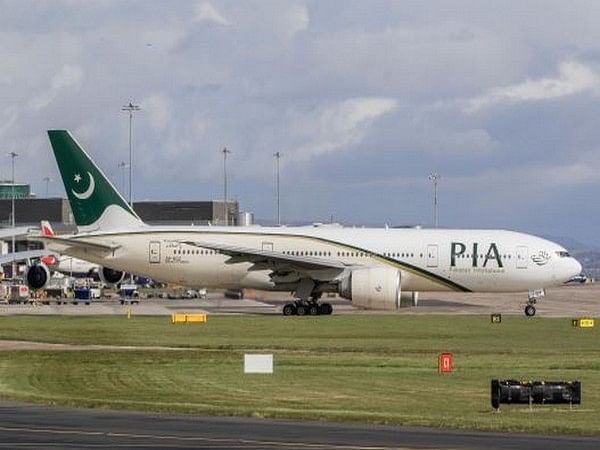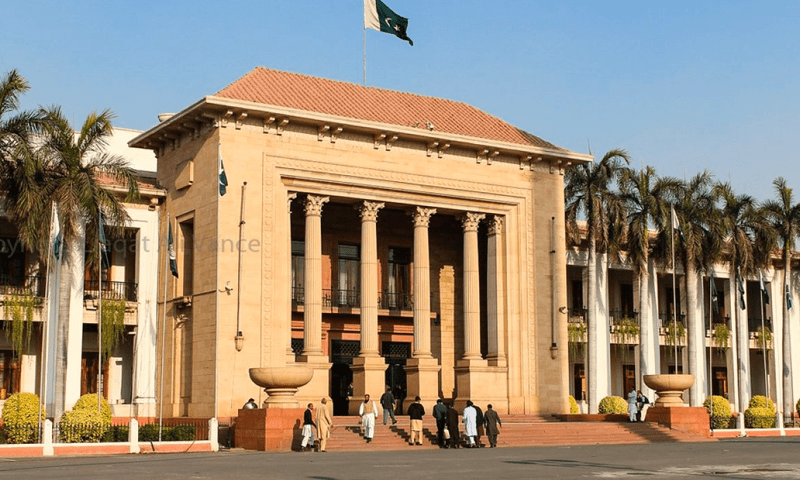Arshad Mahmood Awan
For years, Pakistan has been raising alarms about the Tehreek-e-Taliban Pakistan (TTP), warning the world about the growing threat it poses not just within its borders but also on a much larger scale. Despite Pakistan’s continuous efforts to bring global attention to this issue, international stakeholders, particularly the United States, have tended to view the TTP’s ambitions as solely regional—primarily aimed at destabilizing Pakistan. This limited perception of the TTP’s objectives has led to a narrow, compartmentalized approach to counterterrorism, often neglecting the broader implications of its activities.
However, a significant shift in the global understanding of the TTP’s role in international terrorism has recently been marked by a comprehensive 30-page report from US intelligence agencies. This report is not only a crucial acknowledgment of Pakistan’s longstanding concerns but also a warning of the group’s expanding capabilities and its potential to pose a much larger threat to global security.
While the TTP’s recent operations have indeed focused on destabilizing Pakistan, targeting the Pakistani government, and carrying out devastating attacks against civilians and security personnel, the group’s capabilities extend far beyond regional ambitions. The report highlights the TTP’s longstanding historical ties with al-Qaeda and its past involvement in supporting operations against the United States. This connection makes it clear that the threat posed by the TTP should no longer be viewed in isolation as a localized issue but as part of a wider, global security concern.
This recognition marks a crucial turning point. It serves as a call for a unified international response to combat the menace of the TTP. The group’s resurgence, particularly after the Taliban’s takeover of Afghanistan, has further emboldened its operations, allowing it to operate with impunity from Afghan soil. This new level of freedom has enabled the TTP to launch increasingly devastating attacks across Pakistan, resulting in significant casualties.
The true implications of the TTP’s activities are not confined to Pakistan’s borders. The group’s ideological alignment with transnational terrorist organizations, such as al-Qaeda, and its operational collaborations with them, suggest that the TTP has broader objectives that could eventually affect global security. Its resurgence in Afghanistan, a country that once served as a sanctuary for terrorist groups like al-Qaeda, raises serious concerns about the potential for Afghanistan to once again become a hotbed for terrorism, not just in the region but globally.
The United Nations has also echoed these concerns, noting the Taliban’s increasing support for the TTP. This support has allowed the group to escalate its attacks into Pakistan, and the Taliban’s apparent unwillingness—or inability—to curb the TTP’s activities has further complicated the situation. Afghanistan’s evolving security landscape, with the simultaneous rise of groups like al-Qaeda and ISIS-K alongside the TTP, is a ticking time bomb for global peace.
TTP’s demonstrated capabilities and affiliations raise serious concerns about its intentions. The group has shown the ability to inspire, coordinate, and execute attacks not just in its traditional areas of operation but beyond, which should be cause for alarm on the international stage. Its resources, ties to international terror networks, and the support it receives from the Taliban suggest that the TTP is not merely focused on regional instability—it is poised to play a key role in a global network of terrorism.
This reality necessitates a shift in how the international community views the TTP threat. The world must move beyond a fragmented, region-centric view of terrorism that addresses threats in isolation. A compartmentalized approach is no longer viable when dealing with transnational groups like the TTP. A cohesive, global strategy is essential to effectively counter these threats, and this requires cooperation across borders, sharing intelligence, and implementing coordinated military and diplomatic efforts.
As the country bearing the brunt of the TTP’s aggression, Pakistan has a critical role to play in this global effort. However, Pakistan’s efforts can only be successful if they are supported by a robust international framework that recognizes the TTP as part of a larger, more complex network of global terrorism. While the recent US intelligence report is a positive step forward in acknowledging the global nature of the TTP threat, it must be followed by concrete actions to dismantle the systems and networks that enable the group’s operations.
Pl subscribe to the YouTube channel of republicpolicy.com
This support cannot be limited to just military interventions or intelligence sharing. A comprehensive approach is needed, one that involves addressing the root causes of extremism, providing humanitarian assistance to affected populations, and promoting peacebuilding initiatives within the region. Only through a multi-faceted approach can the international community hope to stem the tide of terrorism and prevent further escalation.
The rise of the TTP and other extremist groups in the region highlights the complex interplay between state and non-state actors in South Asia. In the past, the lines between friend and foe have often been blurred, as strategic alliances have been formed based on short-term goals rather than long-term stability. The current situation calls for a reevaluation of these policies and alliances.
A transparent, consistent, and principled approach to counterterrorism is necessary. All actors, regardless of their strategic importance, must be held accountable for their support of terrorist organizations. This includes ensuring that no state or non-state actor provides safe havens or material support to groups like the TTP. Accountability and cooperation among regional and global stakeholders are key to dismantling the infrastructure that enables these groups to operate with relative ease.
The international community’s recognition of the TTP as a global threat has been long overdue, but it is now imperative that action be taken. The time for compartmentalized strategies and selective attention has passed. The world can no longer afford to ignore the growing menace of the TTP and its affiliates. A fragmented, reactive approach will only allow these groups to gain strength and further destabilize the region and the world.
In conclusion, the TTP’s expanding operations and global affiliations require a unified, collective response. Only through mutual trust, shared responsibility, and comprehensive counterterrorism strategies can the international community hope to neutralize the threat posed by the TTP and other similar organizations. The world must come together to combat this growing menace, not just to protect Pakistan but to safeguard global peace and stability.















